Philosophy of Science 2
1/41
There's no tags or description
Looks like no tags are added yet.
Name | Mastery | Learn | Test | Matching | Spaced | Call with Kai |
|---|
No analytics yet
Send a link to your students to track their progress
42 Terms
Rationalism
The theory that reason rather than experience is the foundation of certainty in knowledge. (Descartes)
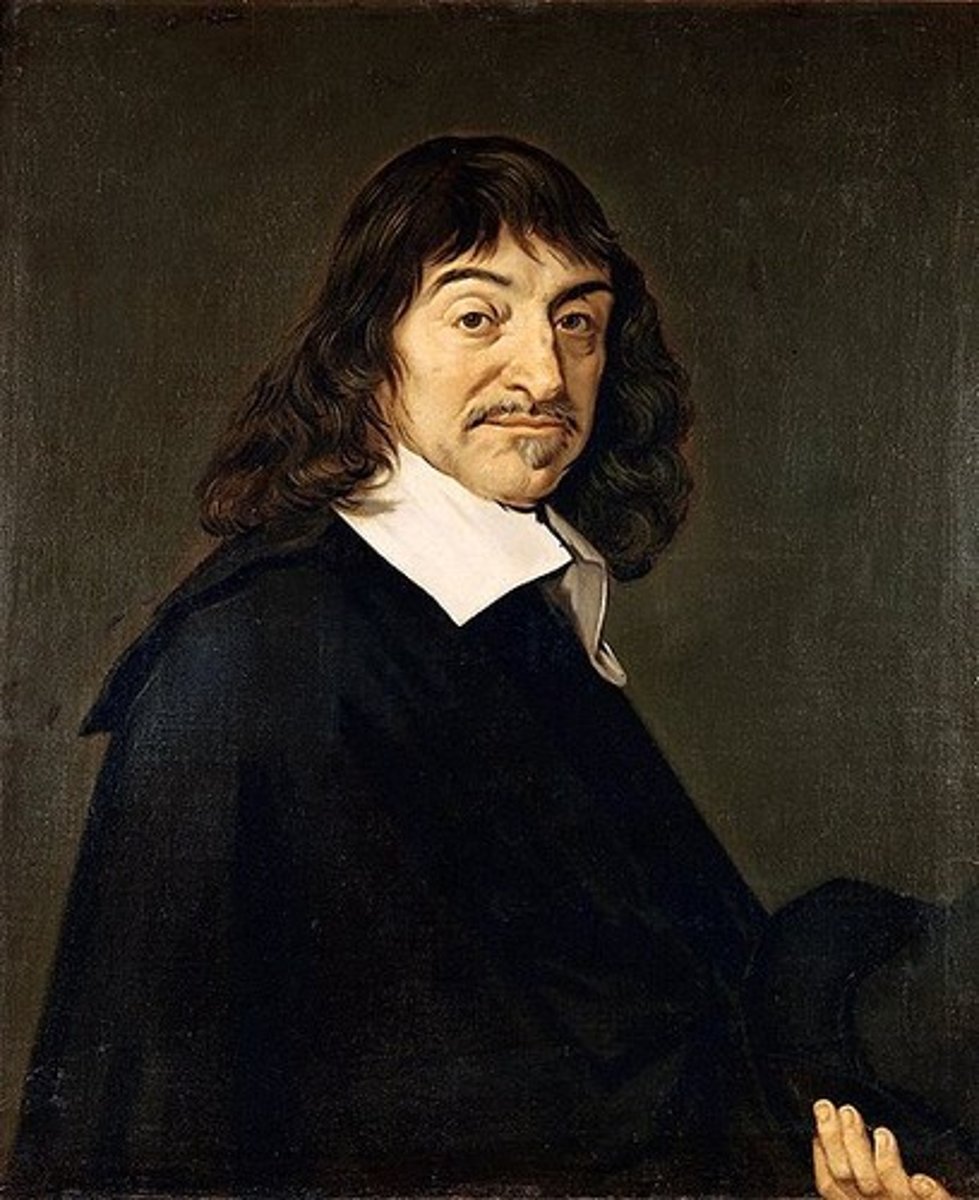
Empiricism
The theory that all knowledge is derived from sense-experience, experiment, observation. (David Hume)
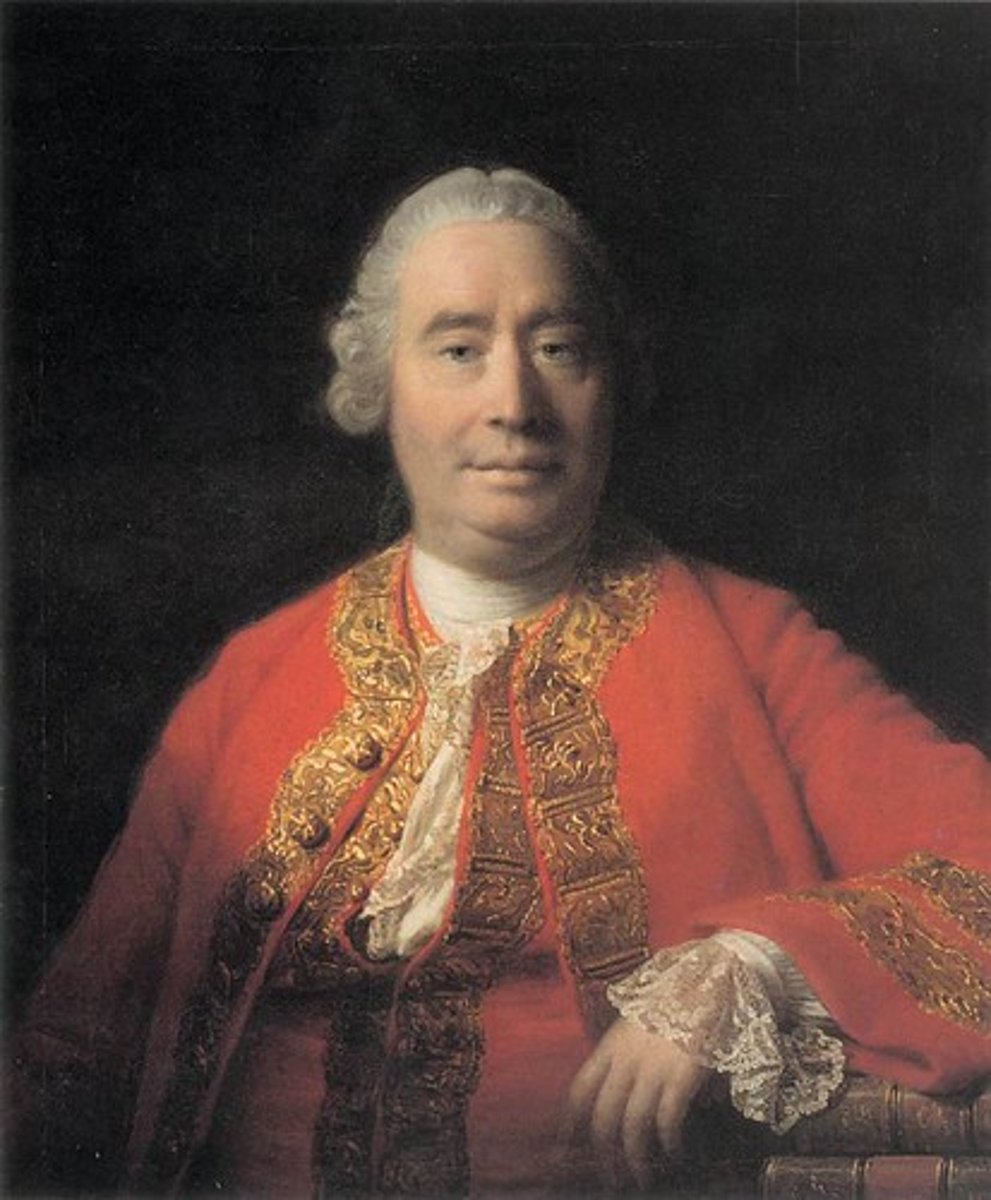
Method of Doubt
Method of doubting everything conceivably doubtful with the aim of discovering what, if anything, can be known indubitably, with absolute certainty. (Descartes)
Cartesian Circle
The idea that what is perceived is clearly true on the basis that God, an infinitely perfect being and not a deceiver, does not allow mistaken perceptions.
A priori
Relating to or denoting reasoning or knowledge that proceeds from theoretical deduction rather than from observation or sense-experience.
A posteriori
Knowledge based on sense-experience as opposed to theoretical deduction.
Realism
There exists a reality independent of the mind.
Indirect realism
We do not and can not perceive the external world as it really is but know only our ideas and interpretations of the way the world is.
Skepticism
There is a real world we can't know about.
Anti-realism
Reality is dependent on the mind.
Scientific-realism
Scientific theories more or less accurately represent reality.
Hume's Fork
Relations of ideas vs. matters of fact
Relations of ideas
Geometry, algebra. Can be discovered simply by thought and reasoning. Knowable a priori. Always certain to be true. "All bachelors are unmarried."
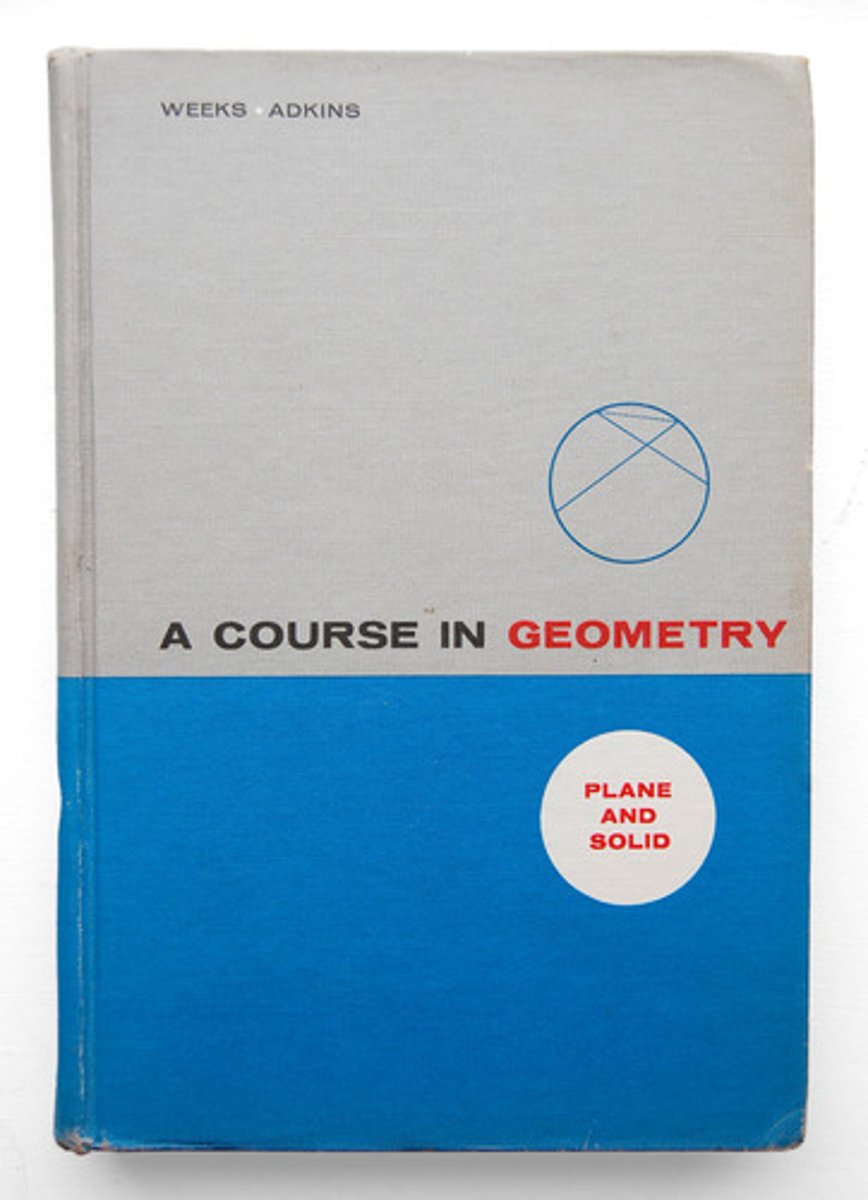
Matters of fact
"Water freezes at 32 degrees." Knowable a posteriori. At best probably true, but not certain.

Logical positivism
Considers that the only meaningful philosophical problems are those that can be solved by logical analysis. Vienna Circle.
Inductive reasoning
Constructs or evaluates claims based on observations or experiences of individual instances. "Everytime I've thrown an object up in the air it falls back down to Earth, so the next time I throw it up in the air, it will fall back down again."
Deductive reasoning
Arguments based on laws/rules already in place. "Based on Newton's law, everything that goes up must come down, so if I throw an object in the air it will fall back down.
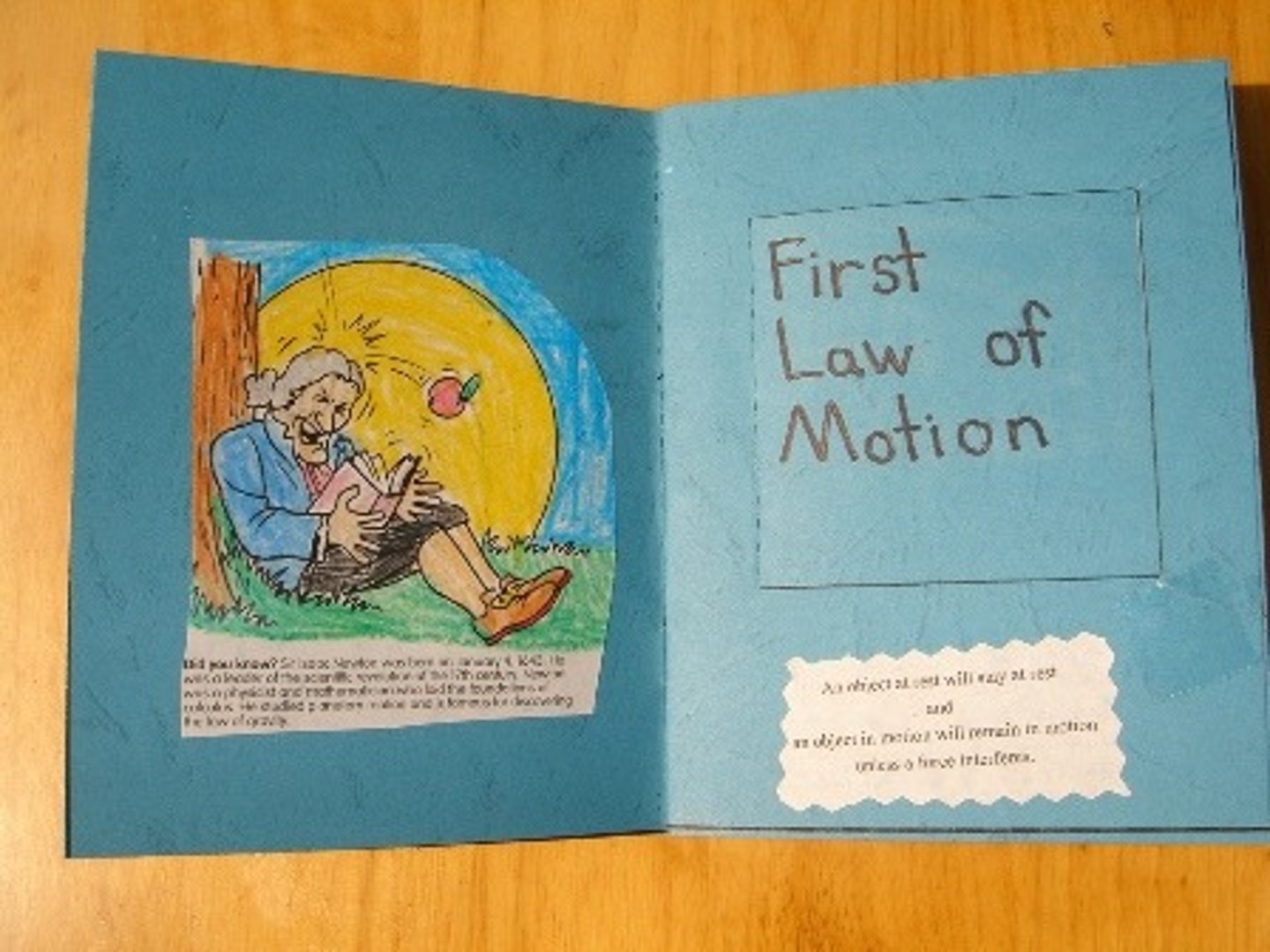
Principle of meaningfulness
A statement or argument is only meaningful if there is some way to test whether it's true or false.
Problem of induction
Judgements that are based on our own individual experiences are limited.
Pragmatism
Assesses the truth of theories or belief based on how successfully they've been applied in practice. (C.S. Peirce).
Method of tenacity
Avoiding all situations that undermine or call beliefs into question. Shutting out all evidence that may question one's beliefs.
A priori method
Identifying one's owns truths based on reasoning.
Methods for eliminating doubt
C.S. Peirce-- Method of tenacity, method of authority, a priori method, and method of science.
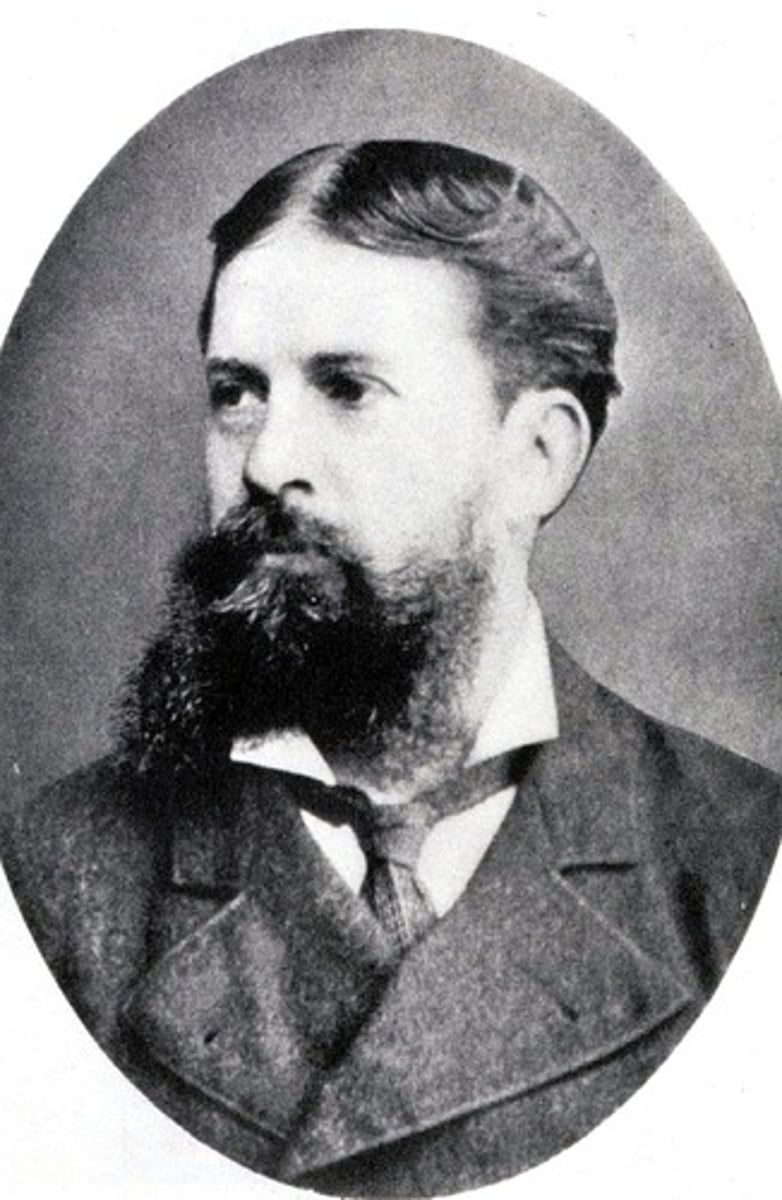
Method of science
Superior to all other methods. Helps establish what is and isn't true in an objective manner, one that is independent of our thoughts. Beliefs can be falsified and replaced by more reliable beliefs.
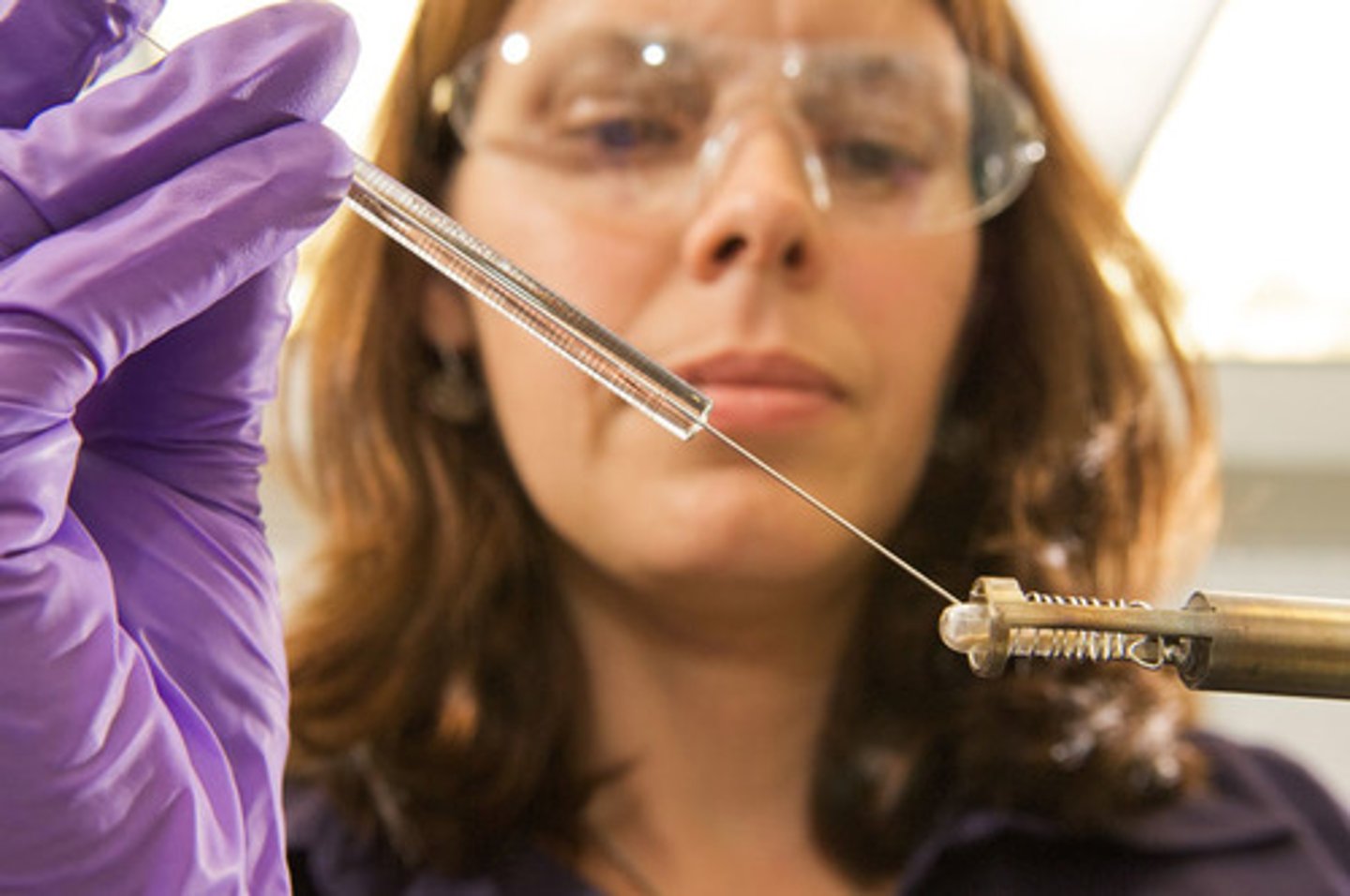
Method of authority
Stomping out doubt by imposing one's own beliefs on others.
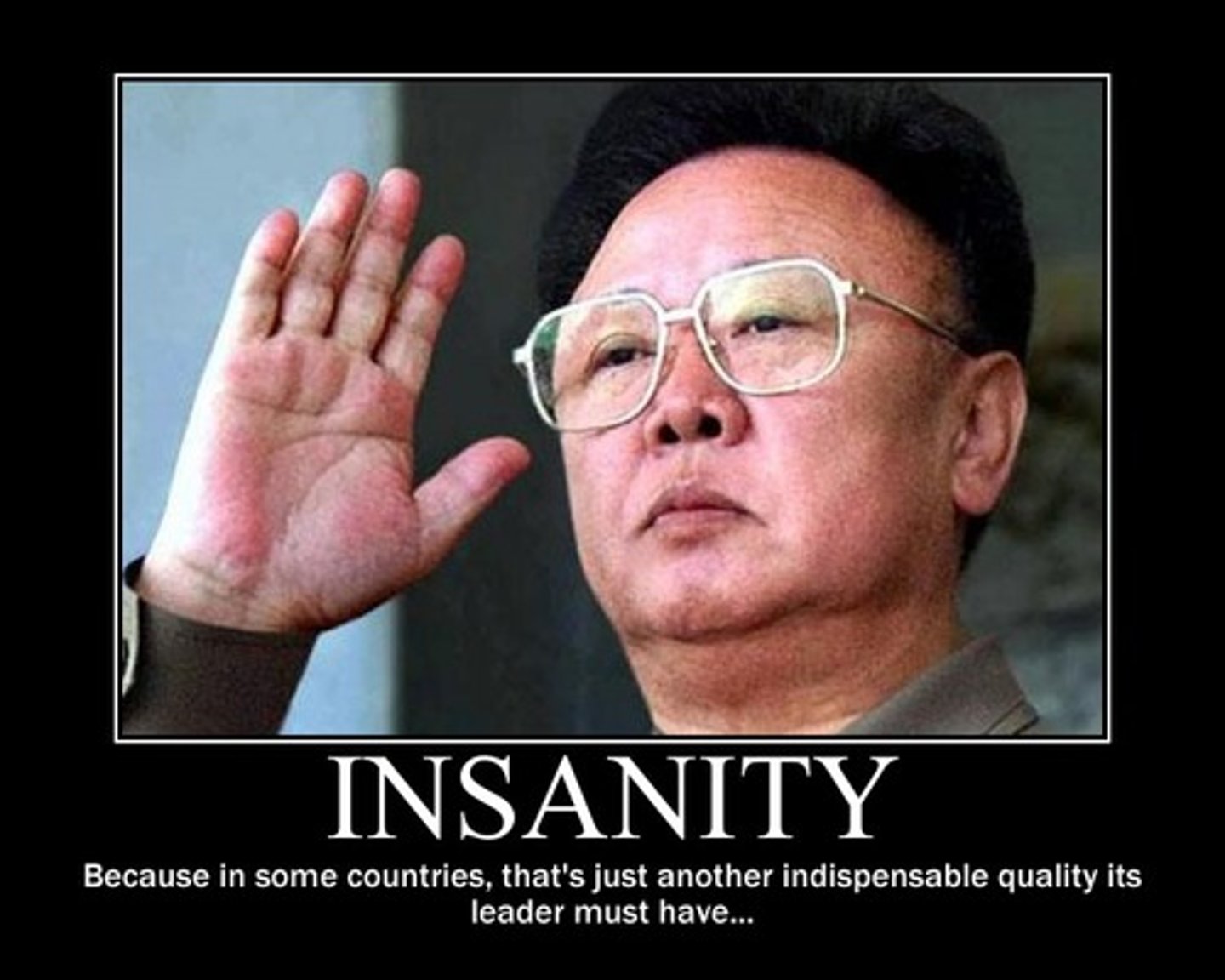
Fallibilism
Humans could be wrong about their beliefs and these beliefs are subject to revision in light of further experience.
Ad hoc hypothesis
A hypothesis added to a theory in order to save it from being falsified. (The theory that leprechauns exist can avoid being falsified by adding that they are invisible)

Empiricism
The theory that all knowledge comes from sense-experience.
Auxiliary hypothesis
A reasonable background assumption, not always deduced from the hypothesis, that is tested in conjunction with the hypothesis itself. False test results could indicate that either the auxiliary hypothesis or the hypothesis is false, or both.

Paradoxes of confirmation
The inductive processes of confirming hypotheses are fundamentally flawed. (Red rose, black crow-- Hempel)

Method of hypotheses
Scientific knowledge is arrived at by inventing hypotheses as tentative answers to a problem and subjecting these to empirical test.
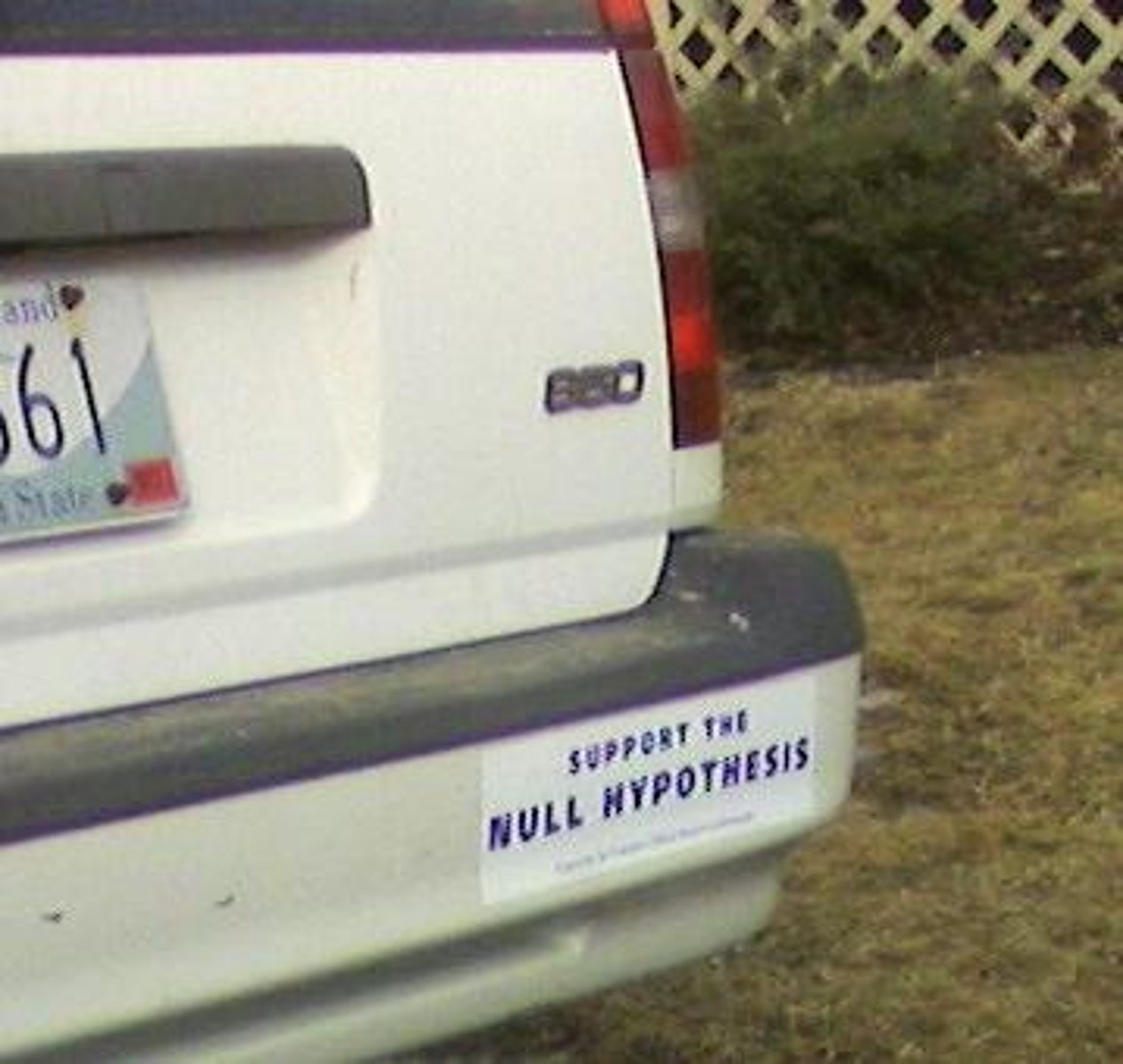
Add to the degree of confirmation
(1) The number of positive test results, (2) the variety of test implication, (3) theoretical output (consistency with prevailing theories), (4) confirmation by new observations, and (5) simplicity.
Deductive-nomological model (D-N)
Scientific explanations that are primarily deductive arguments with at least one natural law in its premises.
Inductive-statistical model (I-S)
Accounts for an occurrence using statistical laws (instead of natural laws) and the mode is inductive instead of deductive.
Accidental generalization
Something that happens to be true but cannot serve as a the basis for an explanation. "All masses of gold are less than 100,000 kg."

Subjunctive conditional
A conditional statement indicating what would be the case if the first half is true.
Requirement of explanatory relevance
The explanatory information adduced affords good grounds for believing that the phenomenon to be explained did, or does, occur.
Requirement of testability
The statement constituting a scientific explanation must be capable of empirical test.
modus tollens
If P, then Q.
Not Q.
Therefore, not P.
Fallacy of affirming the consequent
If P, then Q.
Q.
Therefore, P.
Conclusion can be false even if the first two statements are true.
Falsifiability
Logical possibility that it can be contradicted by an observation or the outcome of a physical experiment (Popper).
Law of Nature/Nomological statement
How things necessarily go, not how they happen to go.